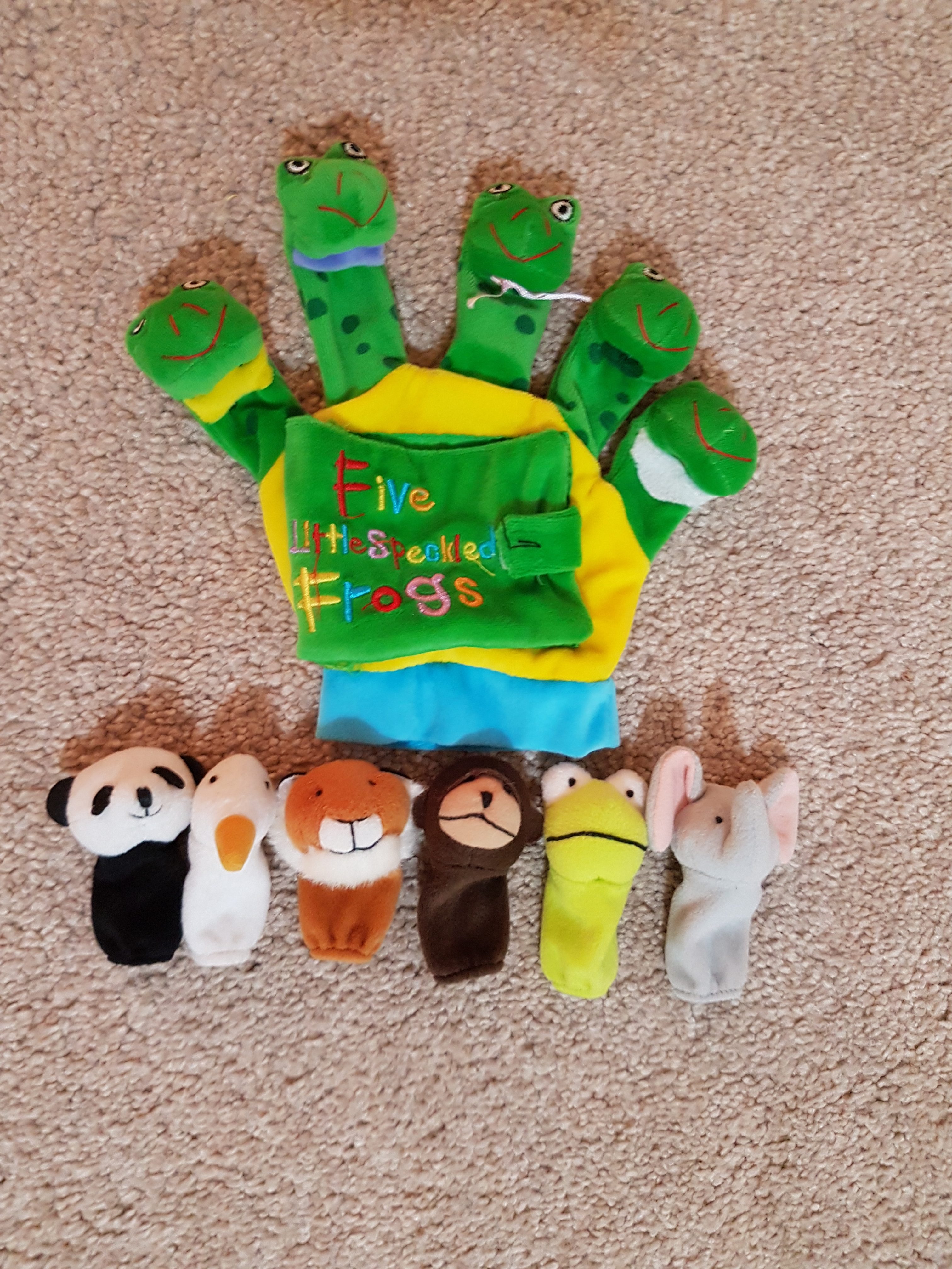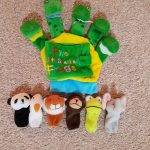Speech, language and communication development – What to expect at 6 months.
At this stage babies are becoming more aware of what is going on in the world around them. They begin to experiment with their own voice and develop early turn taking skills. Babies develop skills at different rates but most have acquired the following skills by 6 months:
Startle at loud noises
Turn in the direction of the sound they hear
Recognise your voice and watch your face when you talk to them
Smile and laugh in response to others smiling and laughing
Experiment with their voice by making cooing, gurgling and babbling sounds
Gain attention of others by making sounds such as cooing or squealing
Have different cries to express their different needs e.g. hunger, tiredness.
How you can support your baby’s speech, language and communication development.
Copy sounds that your baby makes then wait for her to respond – this encourages early turn taking skills which is important in all communication.
Hold your baby face to face so that your baby can see you when you are talking.
During daily routines talk to your baby about what you are doing – e.g. when changing your baby’s nappy you could say “Mummy’s cleaning your bottom”. This will help your baby to learn new words..
When you are in the car or walking with the pram talk to your baby about where you are going and what they can see or hear around them e.g. “Let’s go and see Nanny” or “oh look there’s a bird”.
Take time to look at simple picture books and talk about what your baby can see.
If you are worried or concerned about your baby’s speech, language and communication development speak to your Health visitor, GP or Speech and Language Therapist. For more helpful tips and advice follow us on Facebook @Chester Speech Therapy.
Look out for my next blog – Speech, language and communication – what to expect at 12 months
Sarah Neilson, Independent Speech and Language Therapist. Chester Speech Therapy. www.chesterspeechtherapy.co.uk info@chesterspeechtherapy.co.uk 07973 213 648






